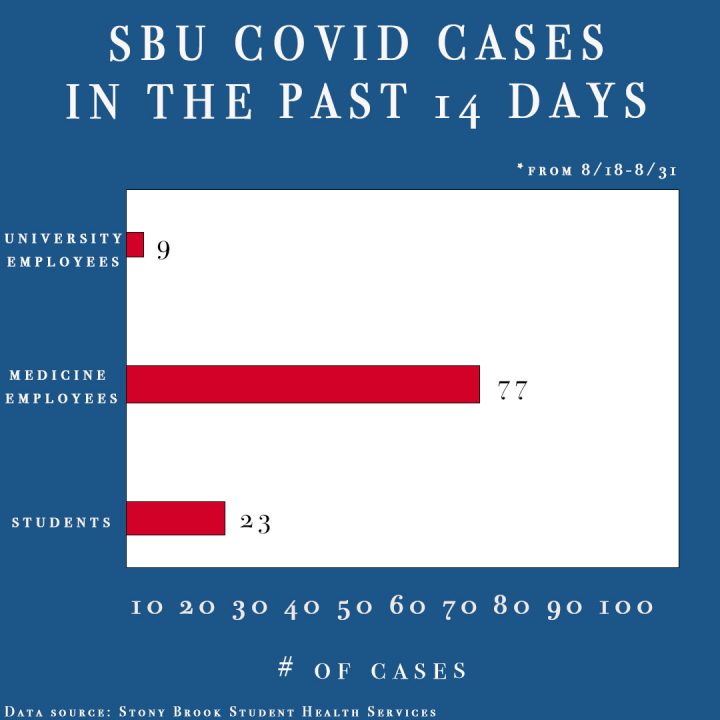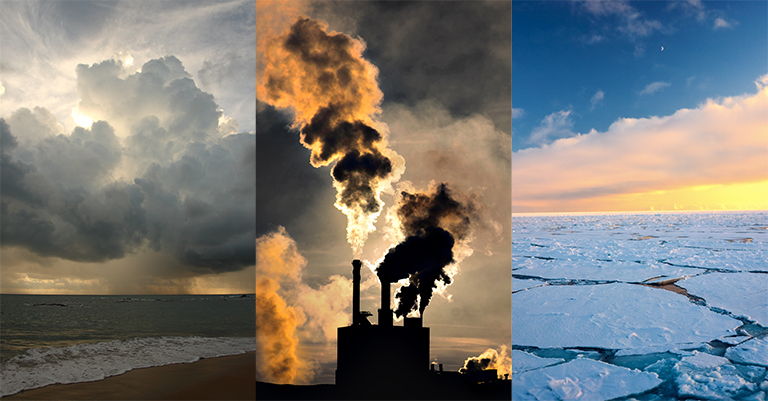
Matt Venezia is a sophomore biology major with a minor in writing.
Reduce, reuse, recycle. It’s what we are told from a young age and is the introduction to environmentalism for most people today. This message is generally regarded as helpful, and rightfully so — if we as a society reduced, reused and recycled more of what we produce, global pollution and carbon emissions would likely decrease.
The roots of this mantra are disputed, but it dates back to the 1970s. The environmental movement in the United States arose during this time, thanks to Rachel Carson’s 1962 true story environmentalist novel “Silent Spring,” which documented the adverse effects of careless chemical use and inspired many people to become environmentalists, as well as the first Earth Day on April 22, 1970.
Once a fringe movement with little involvement, environmentalism broadened its horizons with activists addressing pollution and environmental degradation, leading to various pieces of legislation passed on the local, state and federal levels.
Environmentalism was brought to the masses via books, television, radio and every medium in between. One particular TV commercial stands out as a defining part of what popularized the movement in the mainstream: the Keep America Beautiful Campaign’s “crying Indian commercial.”
Widely televised throughout the nation in the 70s and into the 80s, it depicts an indigenous man — portrayed by an Italian-American — shedding a single tear after a man driving on the highway throws his trash out of his car and at his feet. The voiceover states, “Some people have a deep abiding respect for the natural beauty that was once this country. And some people don’t. People start pollution, and people can stop it.”
The commercial’s message of don’t pollute seems fairly harmless as it’s similar to reduce, reuse, recycle. This commercial, as well as the Keep America Beautiful Campaign, are responsible for beginning some of the recycling programs of American municipalities.
But who funded the creation of the campaign and the commercial? Corporations predominantly. This includes Coca-Cola and Nestle, two of the world’s top plastic polluters, as well as Aramco, the world’s largest oil company and a major player in the plastics industry.
In truth, the commercial was a distraction for the environmental movement. It successfully shifted the blame for pollution from industry to consumer in a single tear. Small, individual actions, like creating a recycling program, quickly became the backbone of the message for the mainstream environmental movement, much to the delight of the corporations who funded the commercial.
Fifty years later, nothing much has changed. Ikea recently released a similar advertisement that touts their corporate sustainability with the phrase “small decisions make a world of difference” while the company continues to illegally source timber from old-growth forests in Eastern Europe.
Popular social media posts from oil giant British Petroleum (BP) encourage individuals to measure their own carbon footprint, when in reality, BP is one of the 50 companies responsible for half of the industrial carbon footprint.
This type of message pushing the responsibility onto the individual has seeped into the purpose statements and vernacular of environmentalist writing networks, nonprofits and popular advocates alike. It also has increasingly centered the focus of the environmental movement on small, individual actions.
Though individual actions are certainly important, there is only so much time we can dedicate to sustainability and only so many sacrifices each of us will make for the planet.
Environmentalists, including myself at times, are distracted from the true reason that the Earth’s forests are shrinking, its oceans are polluted and greenhouse gases are warming the planet. Roughly 100 companies are responsible for 70% of the world’s industrial carbon emissions and we can trace most of the plastic pollution on Earth back to a few countries, namely China and the United States.
For a sustainable future — and an environmental movement with a tangible, positive impact on climate change — a focus on organized systemic change is necessary. While individual actions are important, they are partly a distraction from what we must do to secure the planet for future generations.
Holding corporations and governments accountable for emissions, pushing for subsidies of energy with a low carbon footprint and placing accountability back onto corporations that create the most waste are important steps.
Ultimately, a fundamental change is necessary for how environmentalism is framed in the media. Small decisions rarely make a world of difference when it comes to global climate change. It’s time to focus on the big decisions — while we still have time.



















